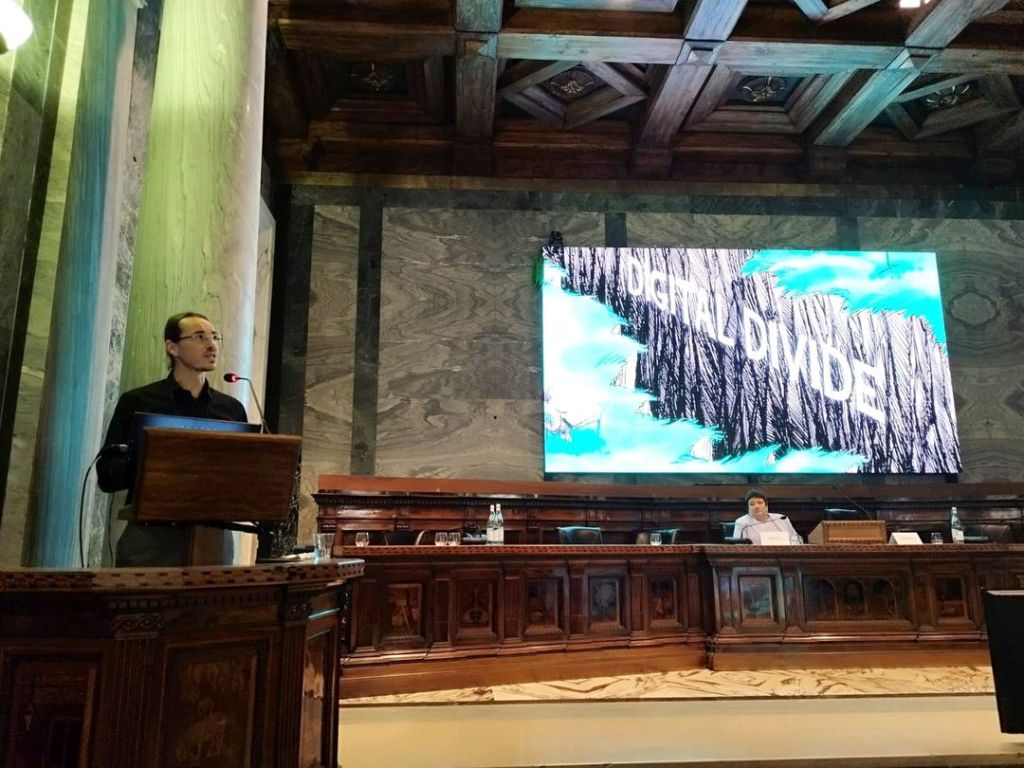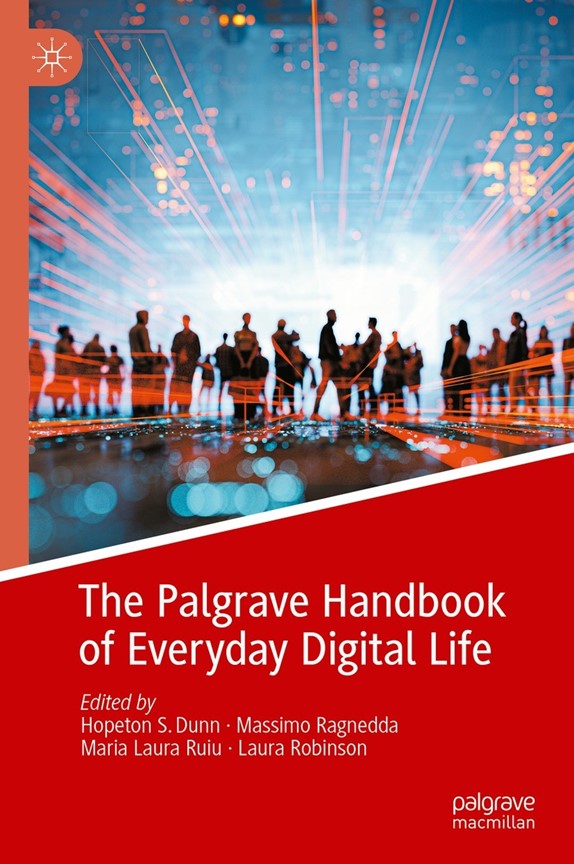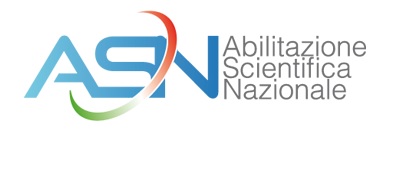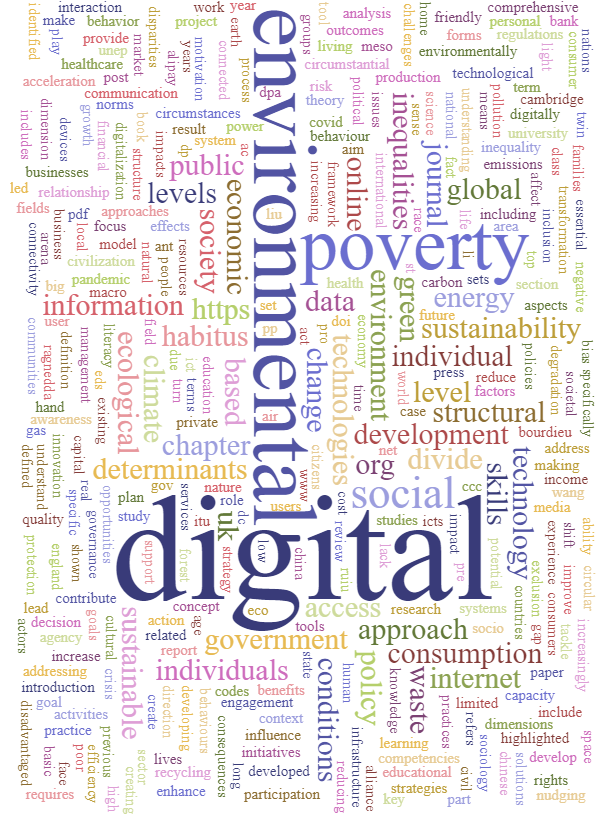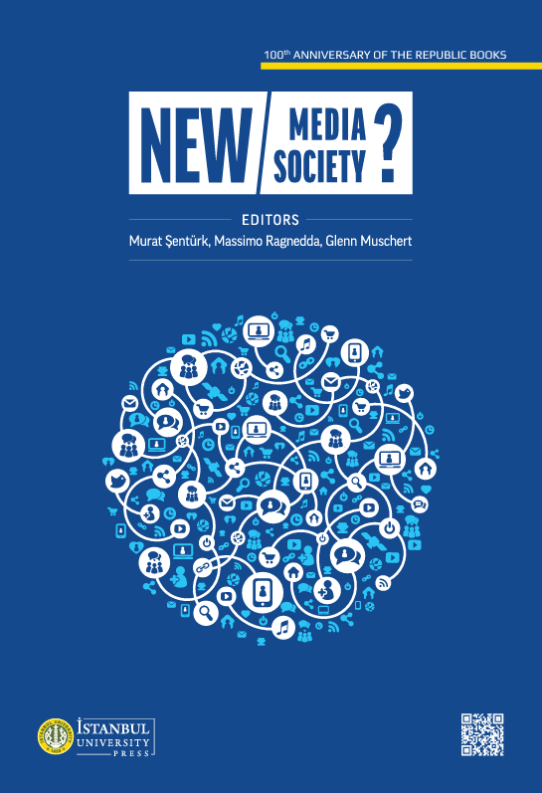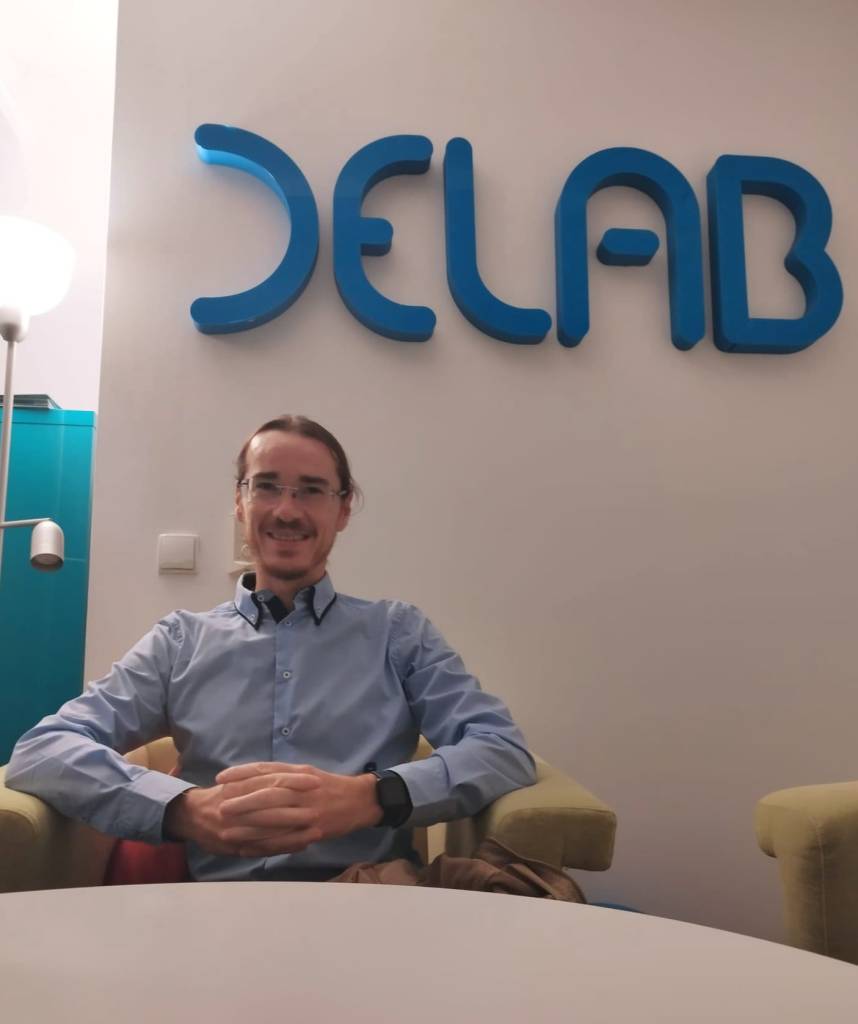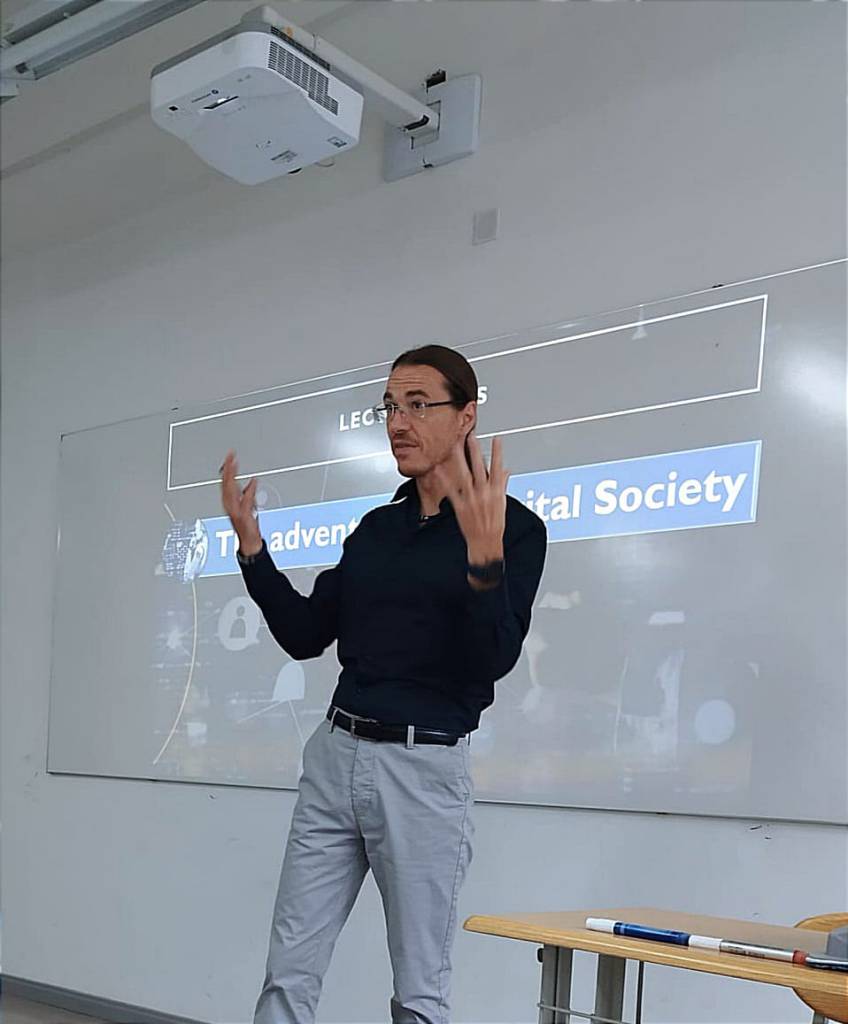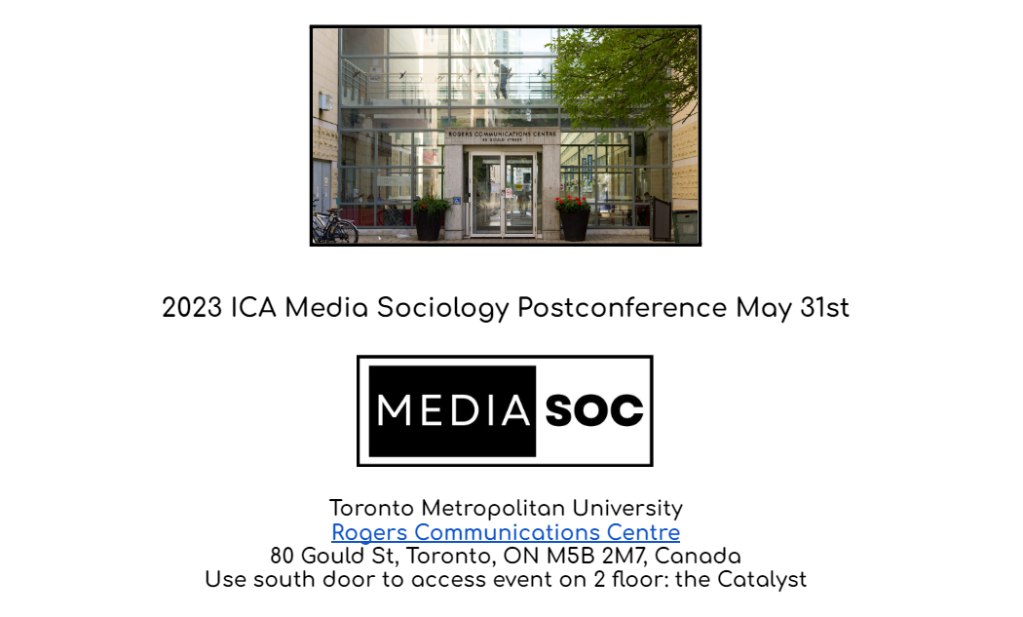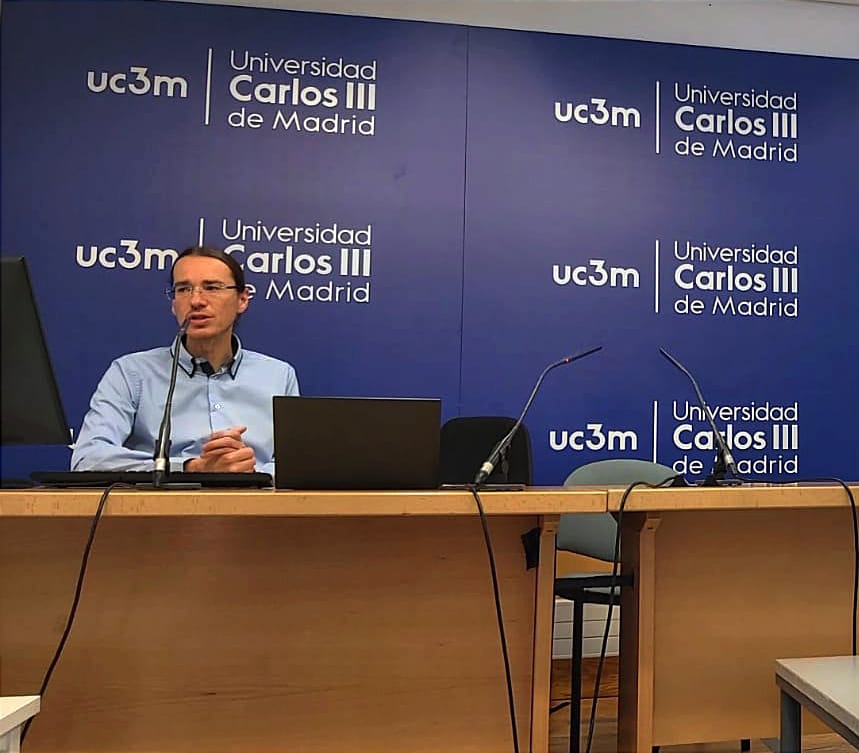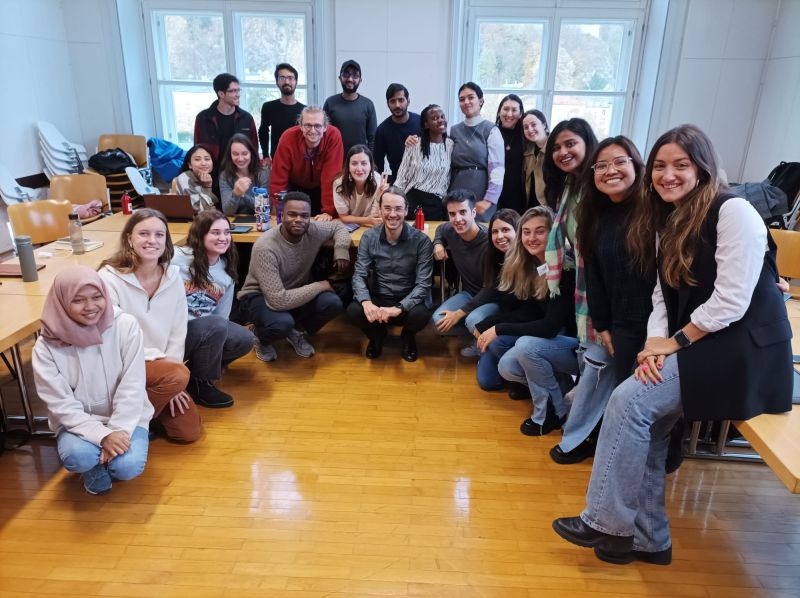It has been an immense honor to return to Italy as one of the Keynote speakers at the prestigious 4th International Conference on “Data Science & Social Research” in Naples (25-27 March, 2024), hosted by one of the oldest public universities in the world.
In my presentation titled “Bridging Theory to Practice: The Operationalization of Digital Capital” I delved into the academic journey of introducing a groundbreaking concept into the theoretical toolkit of social research and its subsequent operationalization, validation, and testing.
We explored the translation of the concept of “Digital Capital” from theory to practical application. Our primary focus has been on defining Digital Capital and devising methodologies for its measurement. These inquiries have guided our research journey as we conceptualized the idea, developed frameworks, constructed measurement scales, validated our concepts, and applied our findings in real-world contexts.
Drawing upon Pierre Bourdieu’s theoretical framework, we have gained a nuanced understanding of how digital capital shapes social inequalities. This lens enables us to analyze the distribution of resources, power dynamics, and interaction patterns within the digital sphere.
Digital Capital represents a distinct form of capital that is amenable to empirical measurement. The focus of this presentation was on the mapping and creation of a scale for measuring Digital Capital, with a discussion on the introduction of this new theoretical concept and the methodological challenges inherent in its operationalization.
Currently, we are in the process of redefining how we measure this novel concept, particularly as we apply it to diverse cultural and economic contexts. The discussion at the conference was invaluable, as we received several insightful feedback from colleagues across different backgrounds. This feedback will greatly assist us in the process of refining the measurement of Digital Capital.
Looking forward to continuing this important work and sharing our progress with the academic community!

